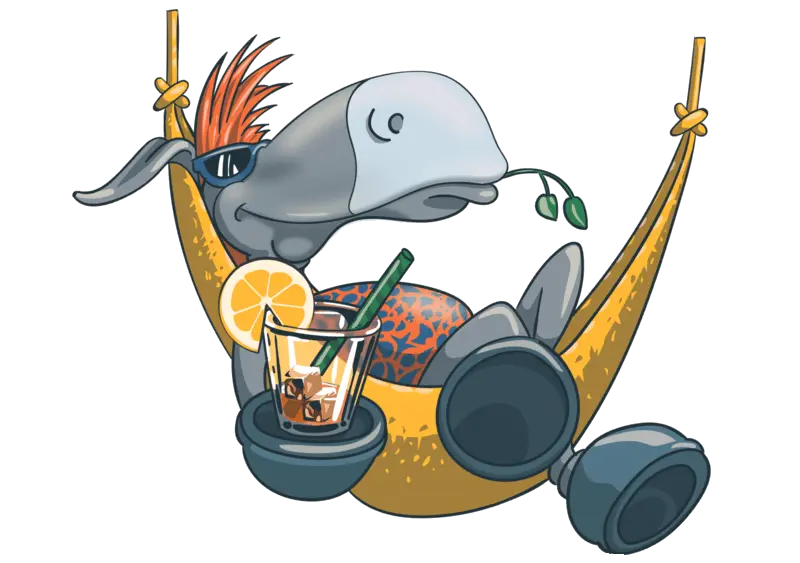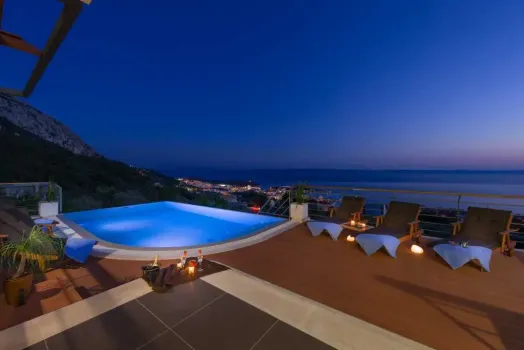

Cultural sights
28.12.2022.
During our travels and visits to new destinations we usually buy a souvenir that will remind us of the happy memories and quality time spent at some destination from time to time. Croatia, as well as other countries, has a large number of autochthonous souvenirs that are distinct from common tourist souvenirs that can be bought at almost every shop, such as shirts, hats, figurines, fridge magnets, cups, glasses and similar souvenirs. Below are some of the most famous unique souvenirs you can buy during your holidays in Croatia.
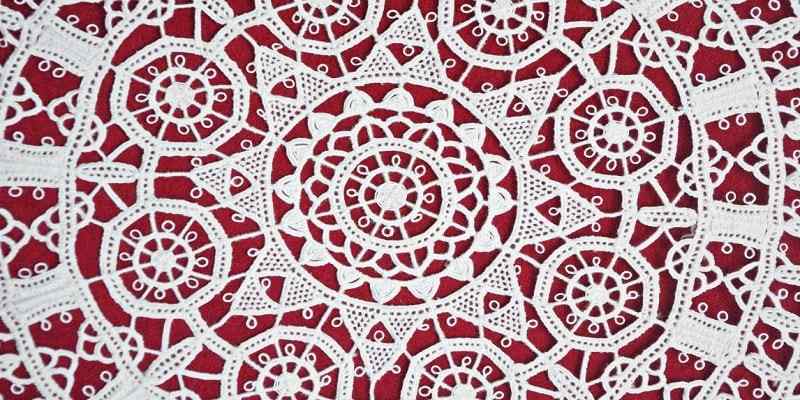
The lairship is tied to people from the traditional Croatian village, and has retained tradition until today, and is a significant part of Croatian ethnographic heritage. The initial purpose of lacework was to decorate women's traditional clothing, but in some regions the lace tradition developed through institutions offering courses, workshops and schools where lace products were made. Over time, Croatia developed three centers for making lace - island Pag, island Hvar and Lepoglava in Croatian Zagorje. Today, lace production is primarily used for commercial purposes, and variety of unique creations such as tables, pictures, decorations, borders and other products.
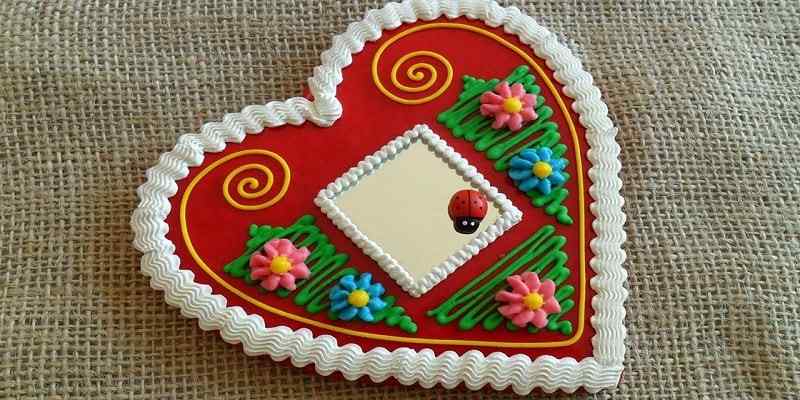
The tradition of making Licitar in Europe dates back to the Middle Ages, while on Croatian territory, in its continental part, expanded during the 18th century. Licitar is a sweet dough cake that is embossed into handmade molds, colored with fruity colors (from which the most vibrant is red color) and adorns with small mirrors and similar decorations. Although they are made in different shapes, probably the most famous is the red licitar heart, since boys in Croatia traditionally donated heart-shaped licitar to girls to show their love. Licitar heart is often used as a Christmas tree decoration and is rooted in Croatian culture, clearly indicated by the fact that ballet is written about it. As such, Licitar is still considered one of the Croatian symbols and ideal autochthonous souvenir.
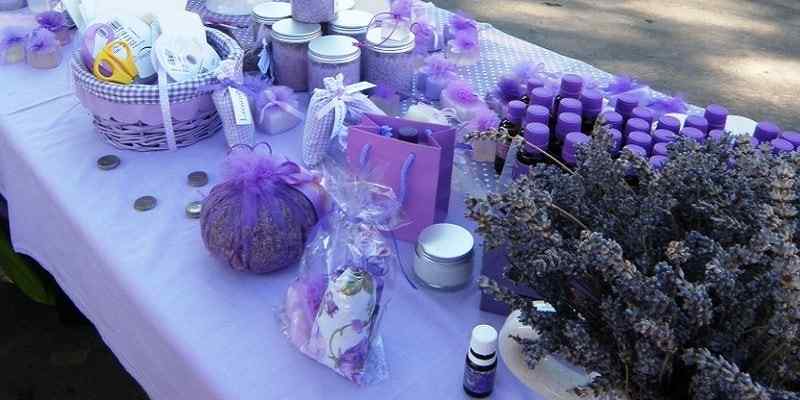
Due to its geographic position and Mediterranean climate, Croatia is an ideal place for lavender growth. Lavender blooms at the beginning of the summer months when the lavender fields are painted in bright violet color. The most common use of lavender is the production of Lavender Essential Oil used in the cosmetics industry. Lavender is also used as a spice in culinary or tea. Today, lavender is often packed in small fragrances that are ideal gift or souvenir that will give you back the memories and smells of the holidays spent in Croatia. Lavender products also include soap, shampoo and sea salt bath with lavender scent, and because of its medicinal properties it is used in medicine and aromatherapy.

The interior of the island of Brac is made up of white stone (marble), known as the Brac stone. The islanders have been taking the stone in the quarries since ancient times. The strong link between Brac residents and the stone is also reflected in the fact that the stone is picked up, not mined. The fact that a number of historic buildings have been built, both in Croatia and throughout Europe and the World from this stone tells us about it's quality. In Croatia the most famous buildings built from Brac stone are three monuments under the protection of UNESCO - Diocletian's Palace in Split, cathedrals in Sibenik and Trogir. The most famous world buildings, built from Brac stone are the White House in Washington and the Parliament in Budapest and Vienna. Apart from architecture, today's souvenirs and products made of Brač stone like wall clocks, figures, candlesticks, hearts, jewelry, pendants, cutlery, etc. are very popular among tourists.
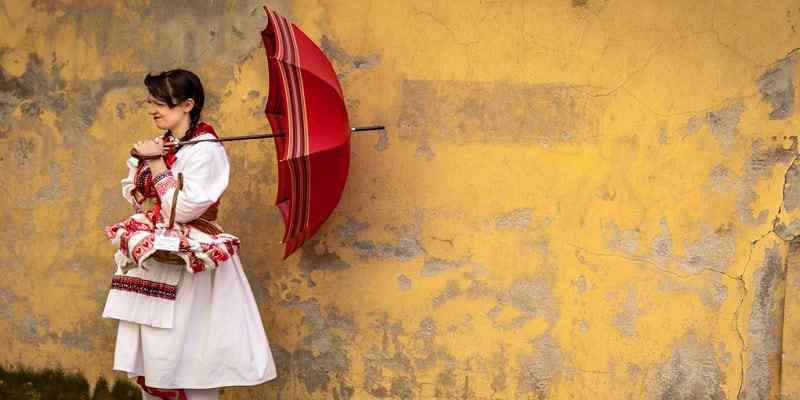
The Šestine umbrella is recognizable by a cotton cloth with a bold red color stitched with colorful stripes that give the impression of the sun framed by the rainbow. It is made of handmade chestnut, wooden rod and metal wire. The Šestine umbrella is an integral part of the Šestine costume that was worn until the sixties of the twentieth century when it ceased to be used in everyday life. Today, Šestine costume is mostly worn on festive events and festivals while Šestine umbrellas are used as umbrellas at the Dolac market in Zagreb. The name comes from the suburb of the Zagreb - Šestine, according to the type of allowance that the inhabitants of the area were obliged to pay every six days of the week. Šestine umbrella received a label for the "original croatian" product from the Croatian Chamber of Commerce.

Due to the diversity of Croatian regions Dalmatia, Istria, Lika, Gorski kotar, Slavonia, Podravina and Baranja, eco products include a large number of different spices and snacks that are unique to these areas. Below we list some eco products which you will surely enjoy: homemade brandies and liqueurs of different flavors (barberry, plum brandy, cherry, liqueur and similar), local wines (white, black, roses), jam from dry figs, etc.
souvenirs Croatia tourism
Our recommendation

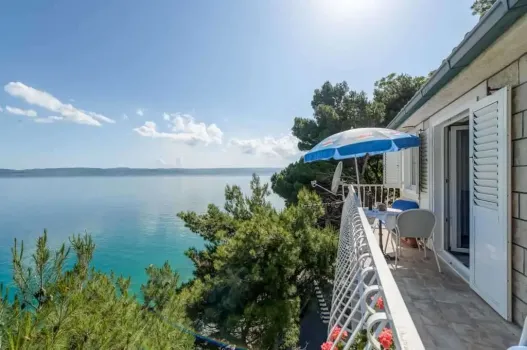

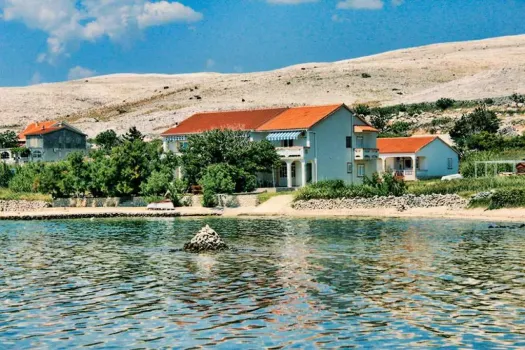
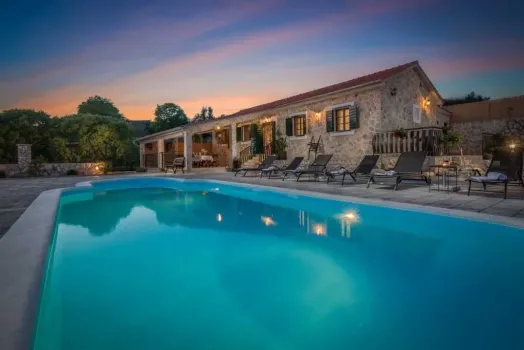
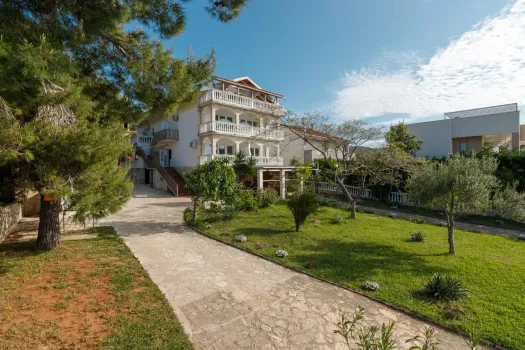

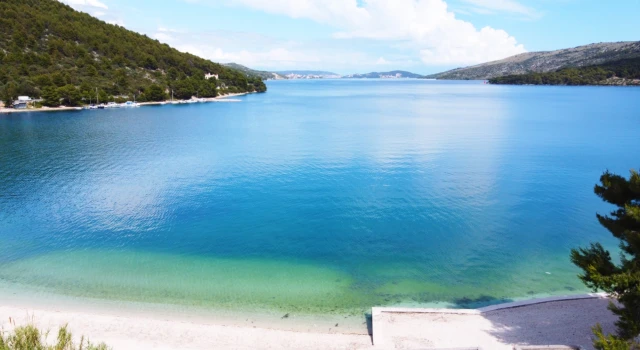
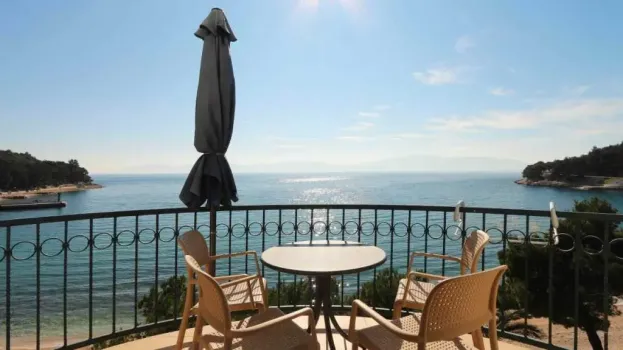
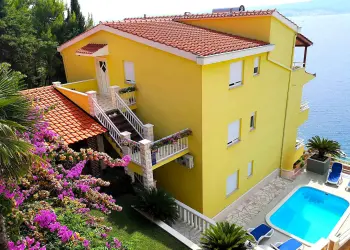
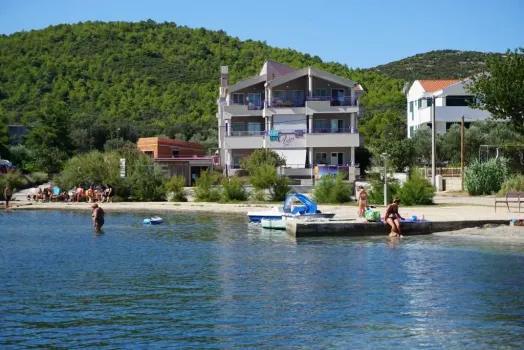
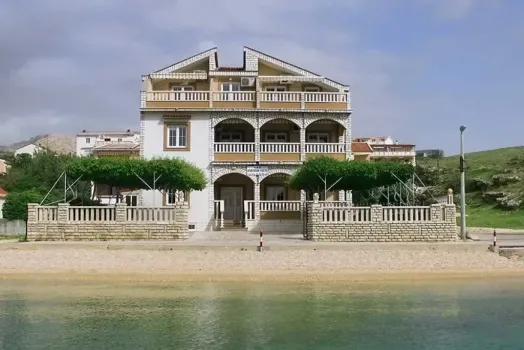
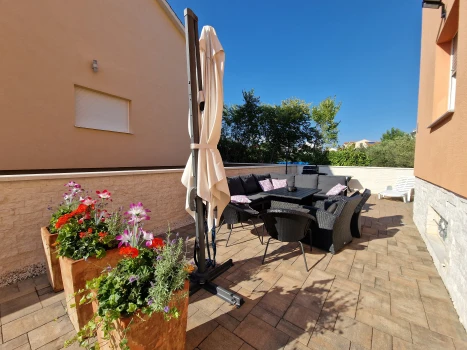
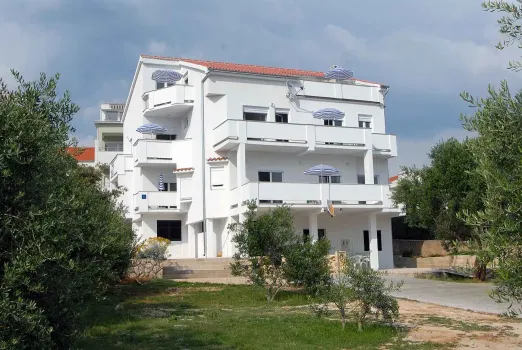
Where to go, stay and what to do?
